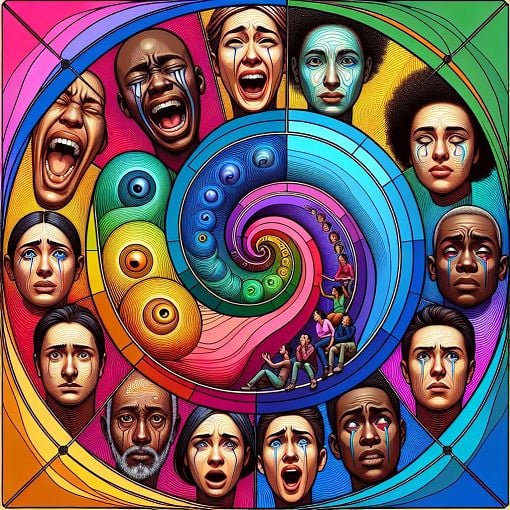Week 5: Emotion
{"name":"Week 5: Emotion", "url":"https://www.quiz-maker.com/QPREVIEW","txt":"Test your understanding of emotions with our intriguing quiz designed for psychology enthusiasts and learners alike. This quiz delves into key theories and concepts of emotions, including basic emotions, physiological responses, and decision-making.Understand foundational emotional theories.Explore the interplay of emotions and rationality.Challenge common misconceptions about emotions.","img":"https://cdn.poll-maker.com/104-5108641/img-jzuy3glxj9dmmh6c6p2vbk6x.jpg"}
More Quizzes
Self and Personality
40200
Chat 2 Exam 3 part 2
33160
Dan planete Zemlje - Kviz
1050
Greek Mythology
11619
Business Proposal - Which Character Are You?
201018981
One Touch Lyrics - Nicole C. Mullen (Free)
201019679
Which Astro Member Are You? K-Pop Personality
201016924
Big Time Rush - Which Member Is Your Crush?
201018346
3.04: Harlem Renaissance Poetry - Free Practice
201017561
Leadership and Management - Leader or Manager?
201017495
Atomic Structure: Ionic & Atomic Radii Trends
201020762
Mr Men and Little Miss - Which Character Are You?
201018122
